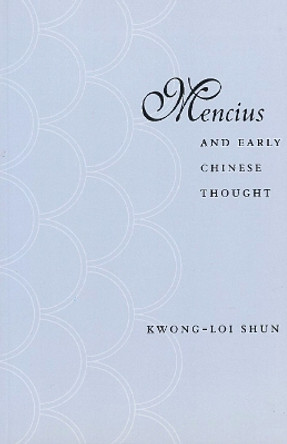Description
Throughout Chinese history there have been several different theories regarding the authorship of the Mengzi. The famed Han Dynasty historian Sima Qian believed that Mencius himself wrote the book with the participation of his students Wan Zhang and Gongsun Chou. Zhu Xi, Zhao Qi, and Qing Dynasty Confucian scholar Jiao Xun believed that Mencius wrote the book himself without any participation from other scholars. Tang Dynasty writers Han Yu and Su Shi, as well as 12th century scholar Chao Gongwu, believed that Wan Zhang and Gongsun Chou wrote the book after Mencius' death from their own records and memories. Like all Chinese classics, the Mengzi has been annotated many times throughout history, but those of Zhao Qi, Zhu Xi, and Jiao Xun are considered the most authoritative.
The Mengzi did not initially enjoy a preeminent position among the great works of Classical Chinese. In the Book of Han's list of notable books and classics, the Mengzi is listed only among the miscellaneous minor works. Emperor Wen of Han officially listed the Mengzi, along with the Analects, the Classic of Filial Piety, and the Erya, among the "Teachings and Records of Master Scholars", giving it Imperial approval. During the Five Dynasties and Ten Kingdoms Period, Emperor Meng Chang of Later Shu included the Mengzi in his project of engraving Chinese classics upon stone stele, which likely marks its earliest entrance into the category of true Chinese classics. During the reign of Emperor Xiaozong of Song, Zhu Xi declared the official addition of "The Four Books" (traditional Chinese: ) - the Mengzi, the Analects, the Great Learning, and the Doctrine of the Mean - as Chinese classics all students should learn. By the Ming Dynasty and Qing Dynasty, the Mengzi was part of the material tested on the Imperial examinations.
Book Information
ISBN 9789622018518
Author Mencius
Format Paperback
Page Count 478
Imprint The Chinese University Press
Publisher The Chinese University Press
Weight(grams) 1786g
Dimensions(mm) 1mm * 1mm * 3mm









